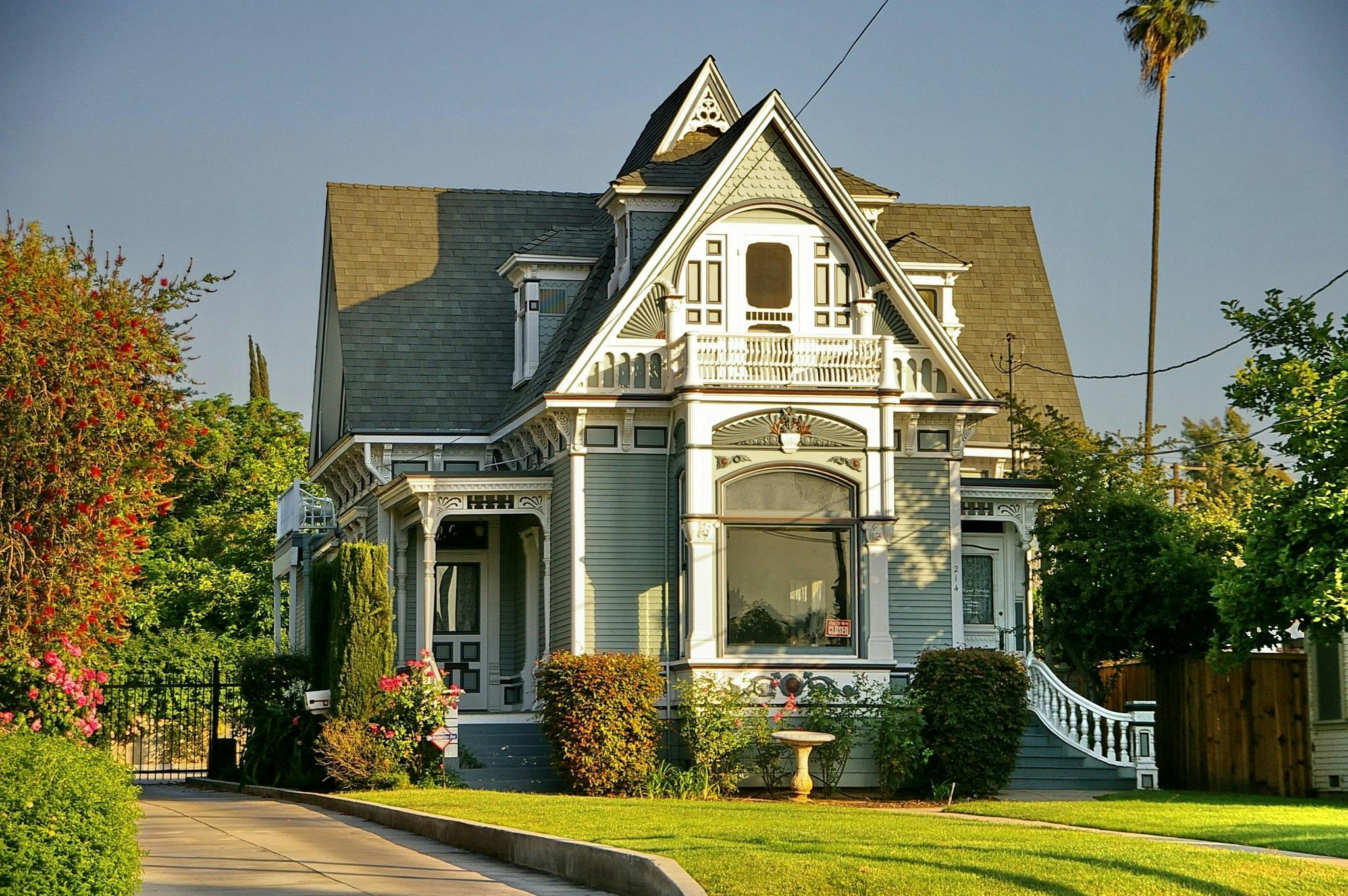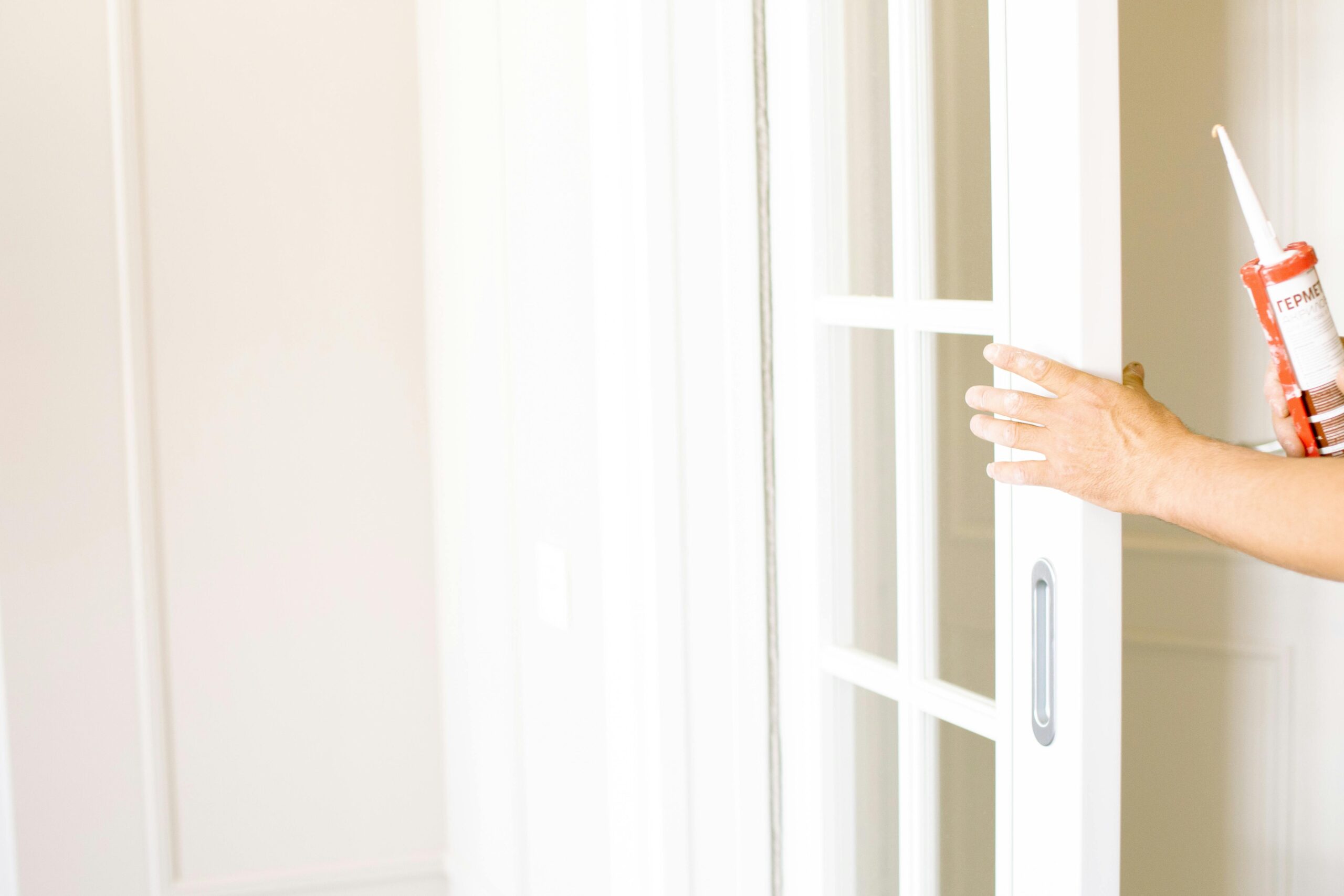For many first-time buyers, the idea of purchasing an old home can be intimidating. Concerns about maintenance, outdated systems, and potential hidden issues often cause hesitation. However, older homes offer unique charm, established neighborhoods, and, in many cases, better long-term value than newer construction. The key to buying an old home with confidence is understanding what to expect, planning ahead, and knowing how to handle any challenges that come your way. With the right approach, an old home can be a rewarding investment that stands the test of time.
Why Buying an Old Home Can Be a Smart Choice
Unique Character and Charm
One of the biggest advantages of buying an old home is the unique character and craftsmanship that often come with it. Many older homes were built with high-quality materials and detailed architectural features that are difficult to find in newer construction.
Elements like crown molding, built-in cabinetry, original hardwood floors, and intricate woodwork add a level of charm that makes a home feel truly special. Unlike mass-produced modern homes, older properties have a personality and history that make them one of a kind.
Established Neighborhoods
Older homes are often located in well-established neighborhoods with mature landscaping and a strong sense of community. Many of these areas offer tree-lined streets, larger lots, and close proximity to city centers, schools, and parks.
Unlike newer developments, where construction may still be ongoing and amenities are still being built, older neighborhoods provide stability and convenience. Living in an established area often means better access to public transportation, local businesses, and a well-connected infrastructure that makes daily life easier.
Potential for Increased Value
Beyond aesthetics and location, older homes can also present a great opportunity for building equity. Many buyers purchase older properties at a lower price compared to new builds and make gradual improvements that increase the home’s value over time.
With the right renovations, an older home can become a highly desirable property, making it a great investment for long-term financial growth. Because the structure and framework of many older homes are built with lasting materials, they often maintain their value and withstand the test of time better than some newer construction homes.
4 Common Concerns About Buying an Old Home (And How to Overcome Them)
1. Structural Issues and Maintenance
One of the biggest concerns buyers have when purchasing an older home is the possibility of structural issues. Over time, homes settle, foundations shift, and materials deteriorate. Cracks in the foundation, roofing problems, or uneven floors can be warning signs of structural challenges. The best way to address this concern is to hire a professional home inspector who specializes in older homes.
A thorough inspection will identify any major issues so that buyers can determine whether repairs are manageable within their budget. If significant repairs are needed, negotiating with the seller to cover some of the costs or lowering the sale price can help offset expenses.
2. Outdated Systems (Electrical, Plumbing, HVAC)
Older homes were built before modern safety and efficiency standards were put in place, which means outdated electrical, plumbing, and HVAC systems can sometimes be a concern. Electrical wiring may not support today’s energy demands, old plumbing materials such as galvanized pipes may need replacement, and heating or cooling systems could be inefficient.
While these upgrades can require an upfront investment, they often improve the overall safety and functionality of the home. Buyers should obtain detailed reports from inspectors and contractors to determine which updates are necessary immediately and which can be addressed over time.
3. Energy Efficiency Concerns
Many older homes were built before energy-saving technology became common, leading to drafty windows, poor insulation, and higher utility costs. Inefficient heating and cooling systems, single-pane windows, and older insulation materials can contribute to excessive energy use.
However, improvements such as adding insulation, upgrading to double-pane windows, and installing more efficient HVAC systems can drastically reduce energy waste. Many local and federal programs also offer incentives for energy-efficient home upgrades, making it more affordable for buyers to modernize their older homes.
4. Renovation and Remodeling Costs of Buying an Old Home
Unlike newly built homes, which are often move-in ready, older homes may require updates to meet modern living standards. Kitchens and bathrooms are two of the most common areas that need renovations, as their layouts and features may be outdated. Some homes may also have floor plans that feel closed off compared to the open-concept designs preferred today.
Renovations can be a significant expense, so buyers should set a realistic budget before purchasing an older home. Planning upgrades over time and prioritizing the most essential renovations first can help make the process more manageable.
Tips for Buying an Old Home With Confidence
Get a Thorough Home Inspection
A detailed home inspection is the most important step in ensuring an old home is a good investment. Inspectors will assess the foundation, roof, electrical systems, plumbing, and more to identify any potential concerns.
Buyers should take the time to carefully review the inspection report, ask questions, and, if needed, consult specialists before finalizing their purchase. If significant repairs are required, requesting that the seller cover some of the costs or negotiating a lower price can make a big difference.
Plan for Ongoing Maintenance
Owning an older home requires a proactive approach to maintenance. Unlike newer homes with warranties and brand-new systems, older properties often need more frequent upkeep. Roof maintenance, foundation monitoring, and HVAC servicing should be part of a long-term homeownership plan.
Setting aside a budget specifically for repairs and maintenance ensures that unexpected issues don’t create financial stress. Keeping up with regular maintenance helps extend the life of the home’s systems and prevents minor problems from becoming major expenses.
Look Into Historic Home Benefits
For those purchasing a designated historic home, there may be additional benefits and considerations. Many historic properties qualify for tax incentives, grants, or special loan programs that assist with preservation and restoration costs.
Buyers should research whether their home qualifies for historic status and if there are any restrictions on renovations. Some historic homes have guidelines for maintaining original architectural features. Understanding any limitations before committing to a purchase is essential.
Work With an Experienced Real Estate Agent
Buying an older home requires working with a real estate agent who understands the unique challenges and benefits that come with it. An agent with experience in historic properties can help identify potential concerns and connect buyers with qualified inspectors and contractors.
Having the right support throughout the home-buying process ensures that buyers can navigate the complexities of purchasing an older home with ease and confidence.
Buying an Old Home Means Embracing Charm and Potential
Buying an old home can feel intimidating at first, but with the right knowledge and preparation, it can be one of the most rewarding decisions a first-time buyer can make. From charming architectural details to well-established neighborhoods and the potential for long-term value, older homes offer benefits that new construction simply can’t replicate. While concerns about maintenance and updates are valid, careful planning, thorough inspections, and a solid renovation strategy can help buyers overcome these challenges with confidence.
For first-time buyers looking for a home with personality and character, an older property can be the perfect fit. With expert guidance and a proactive mindset, there’s no reason to fear buying an old home. Instead, embrace the possibilities it offers and start your journey toward homeownership with confidence. If you’re considering an older home and want expert advice, let’s connect. I’m here to help you find the perfect property that meets your needs and investment goals.



